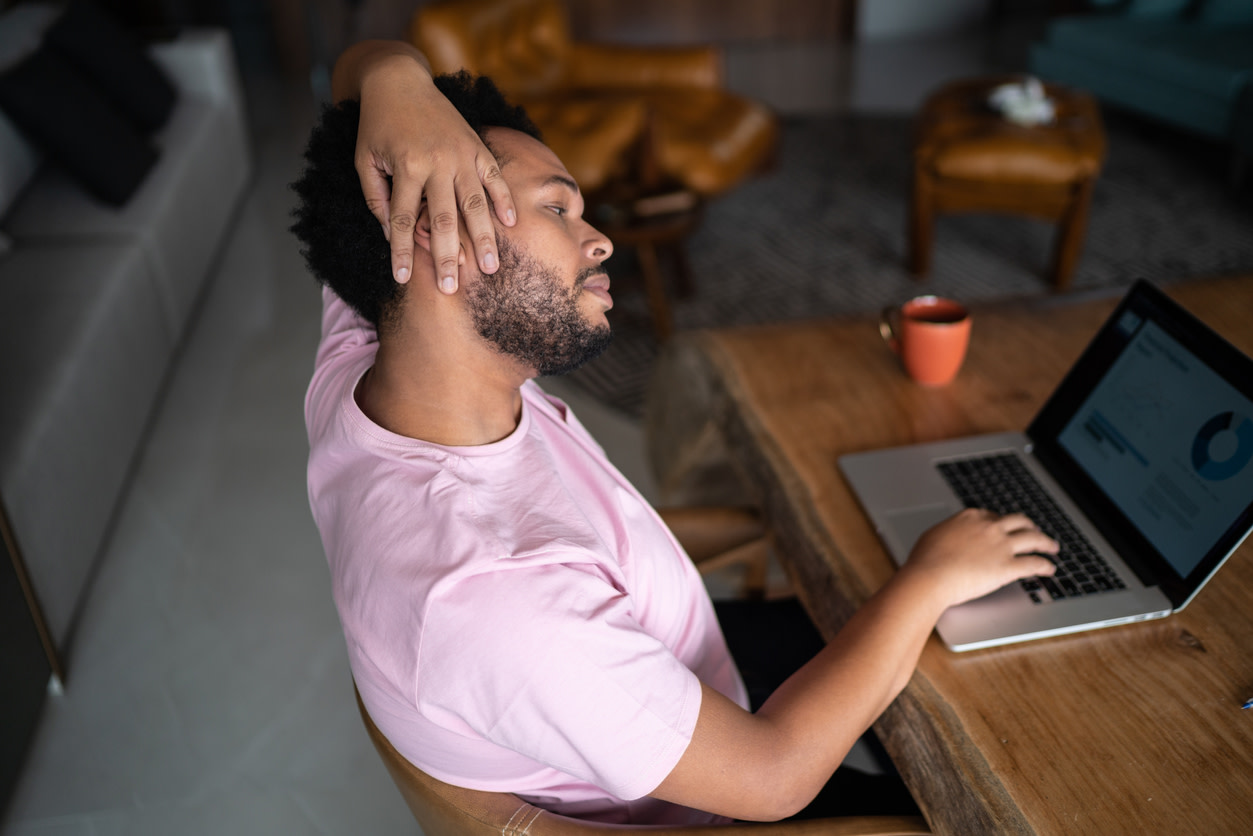Nervio pinzado en el cuello: los mejores ejercicios para aliviar
Aprende qué es un nervio pellizcado en el cuello y cómo tratarlo, especialmente con ejercicios de fisioterapeutas.
$0 costo para usted
Última actualización: May 7, 2025
El índice
Fully covered neck pain relief
Find relief from neck pain, a pinched nerve, tech neck, & more.
Check if I'm eligibleExercises to relieve neck pain
¿Quieres atención de expertos? Consulta si estás cubierto por nuestro programa gratuito →- Flexión de mentón
- Rotación de libros abiertos
- Inclinación de la cabeza
- Exprimidos escapularios
- Deslizamiento del nervio medio
